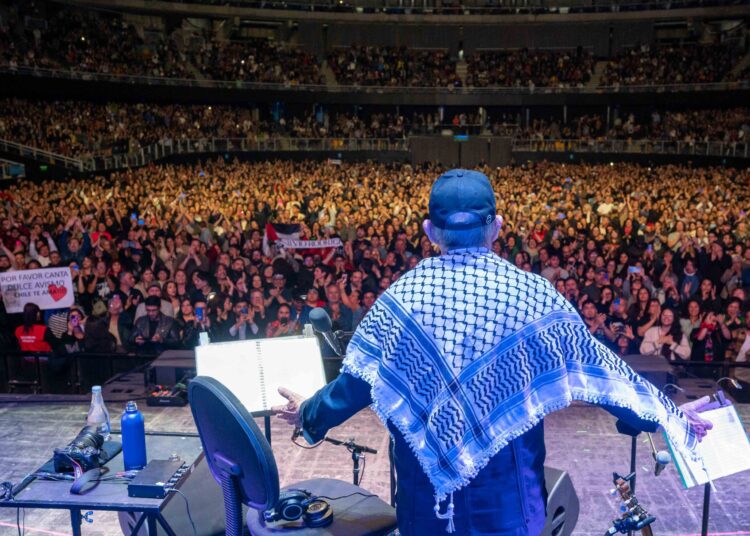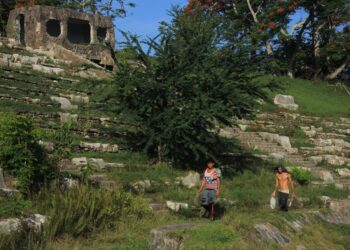With the fourth concert of his Latin American tour, Silvio Rodríguez and his bandmates closed their Chilean tour this Monday. They were intense days of music and excitement. Everything had been in the air for months, when tickets went on sale and more than 180,000 people queued online to try to buy them on the first day of pre-sale.
Demand was so high that the production company was forced to add new dates until the completion of four performances at the Movistar Arena, one of the most important micro-stadiums in Latin America, with a capacity for 17,000 people.
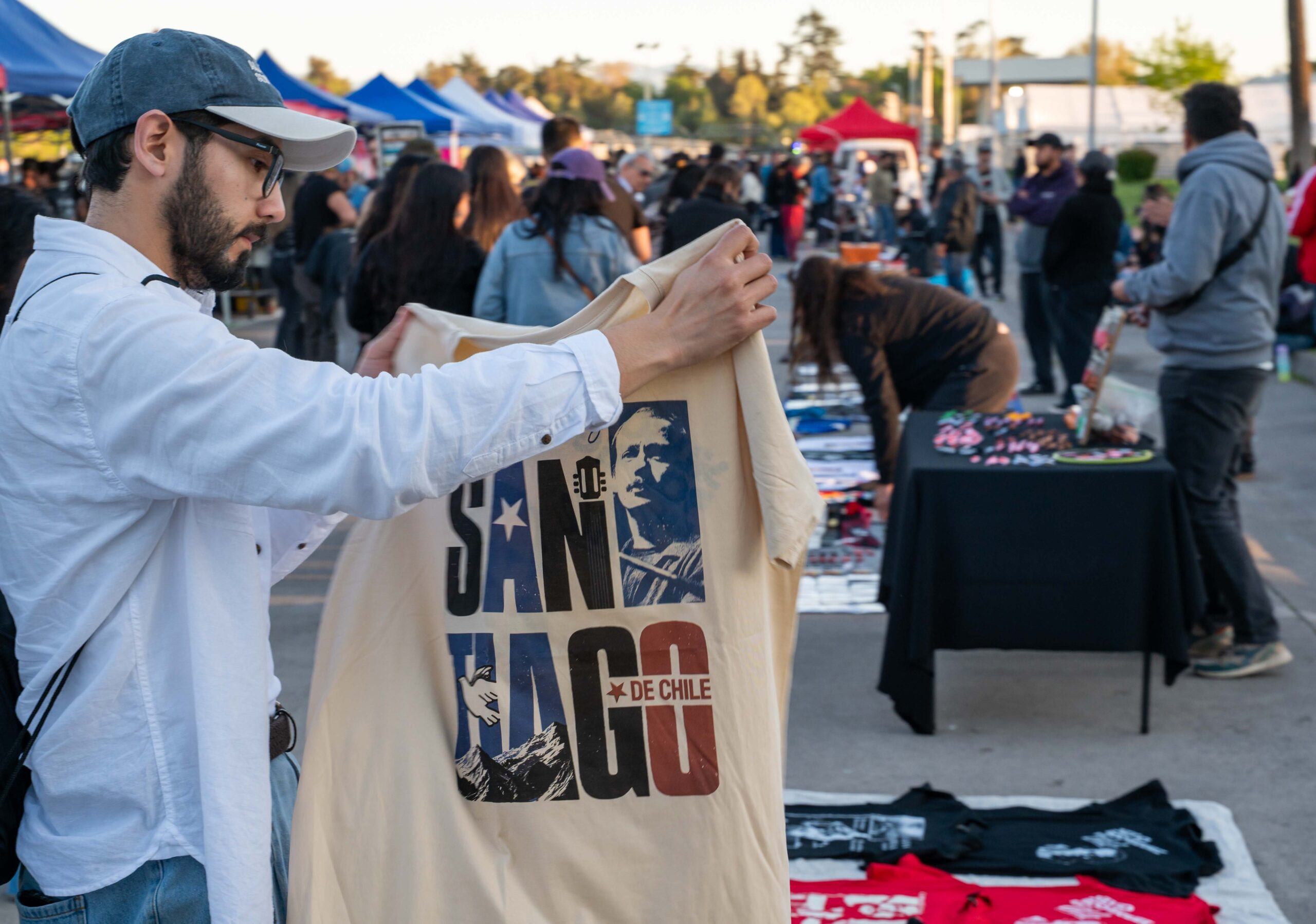
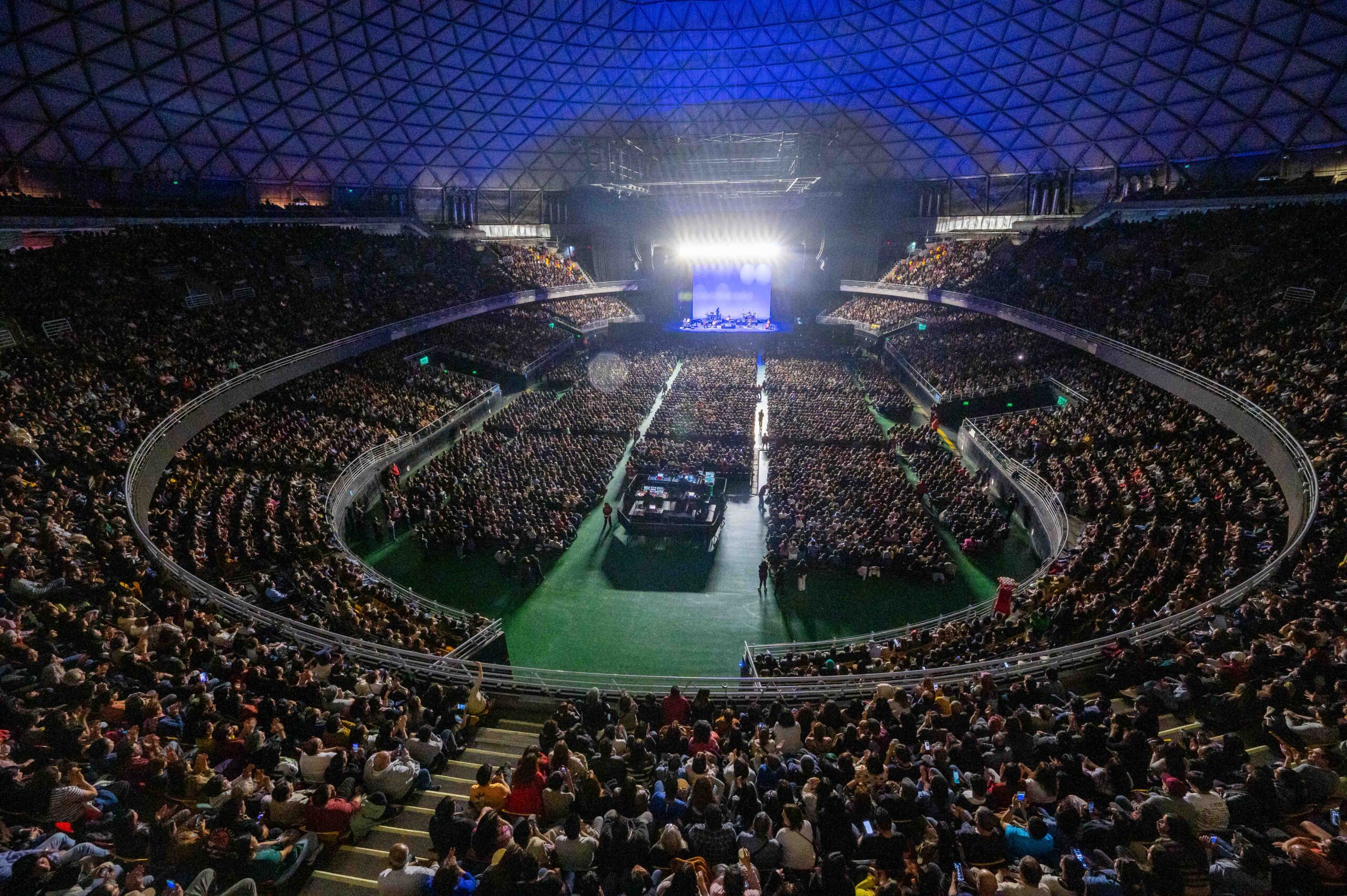
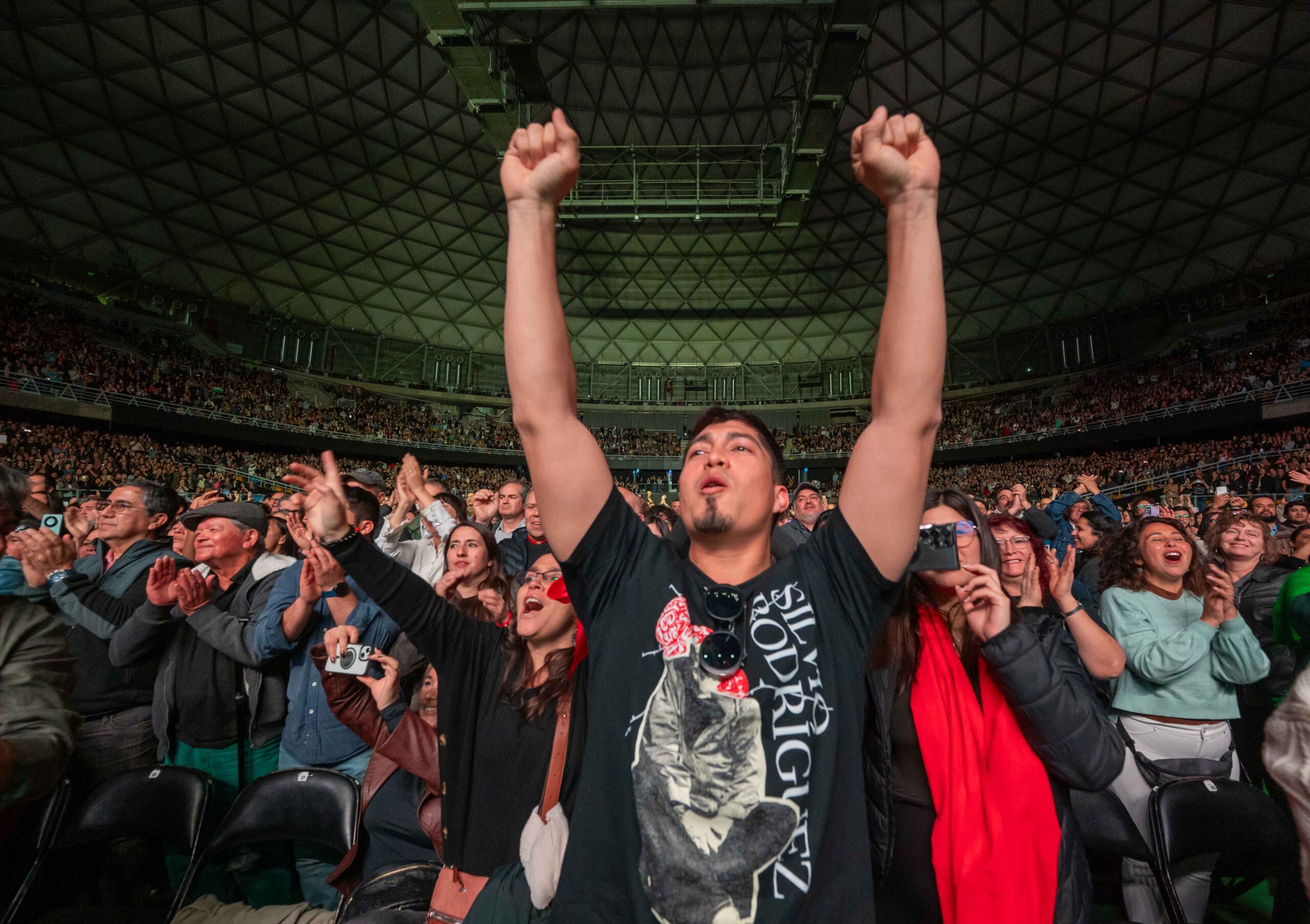
The concerts confirmed the enormous affection the Chilean public holds for the Cuban singer-songwriter, who returned to the country after a seven-year absence.
For more than two hours and with nearly thirty songs per night, Silvio took the audience on a journey spanning decades of history, poetry, love and commitment. Although the repertoire shared a common foundation — a combination of classics and songs from his most recent album, Quería saber — each performance held its own surprises.
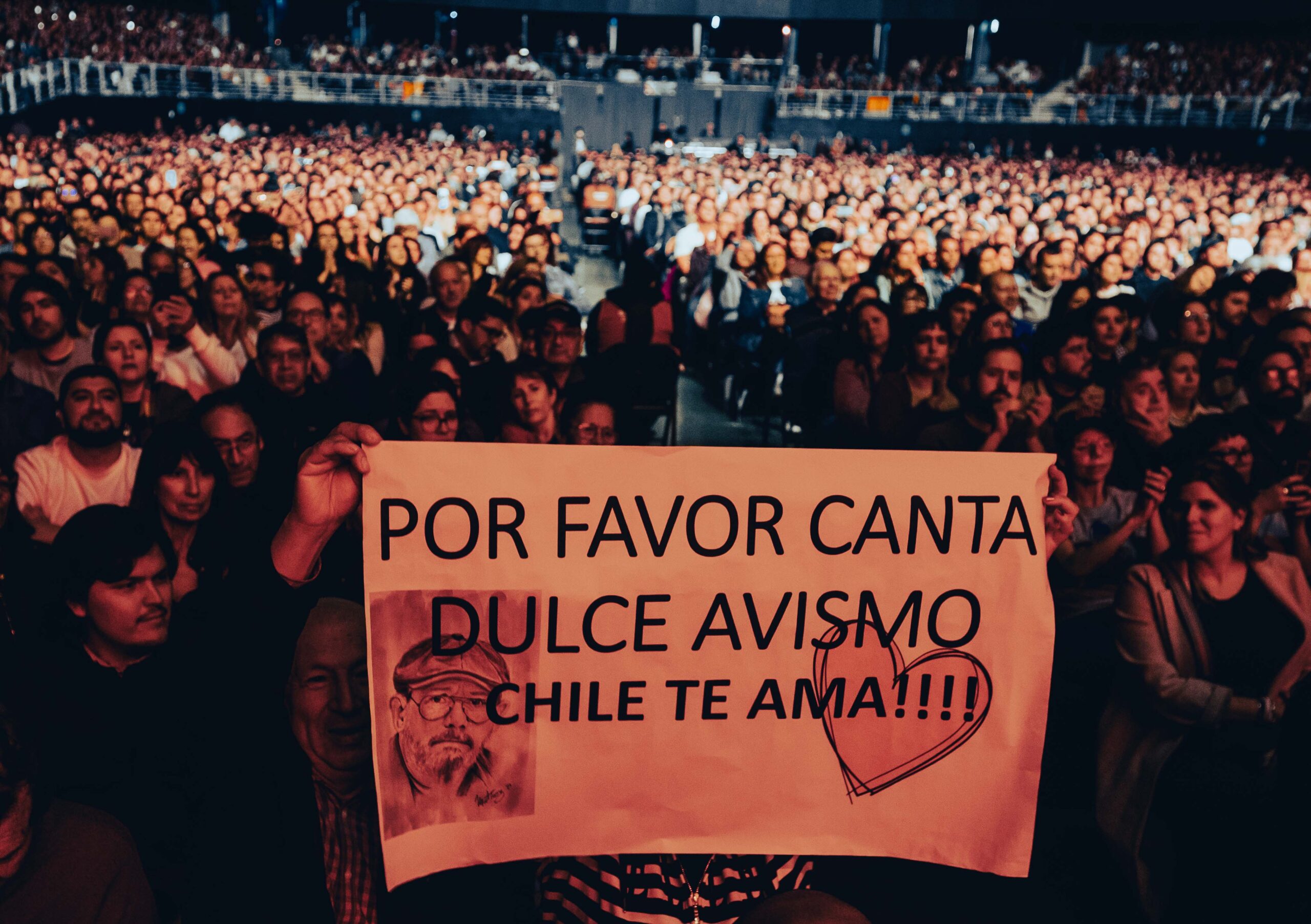
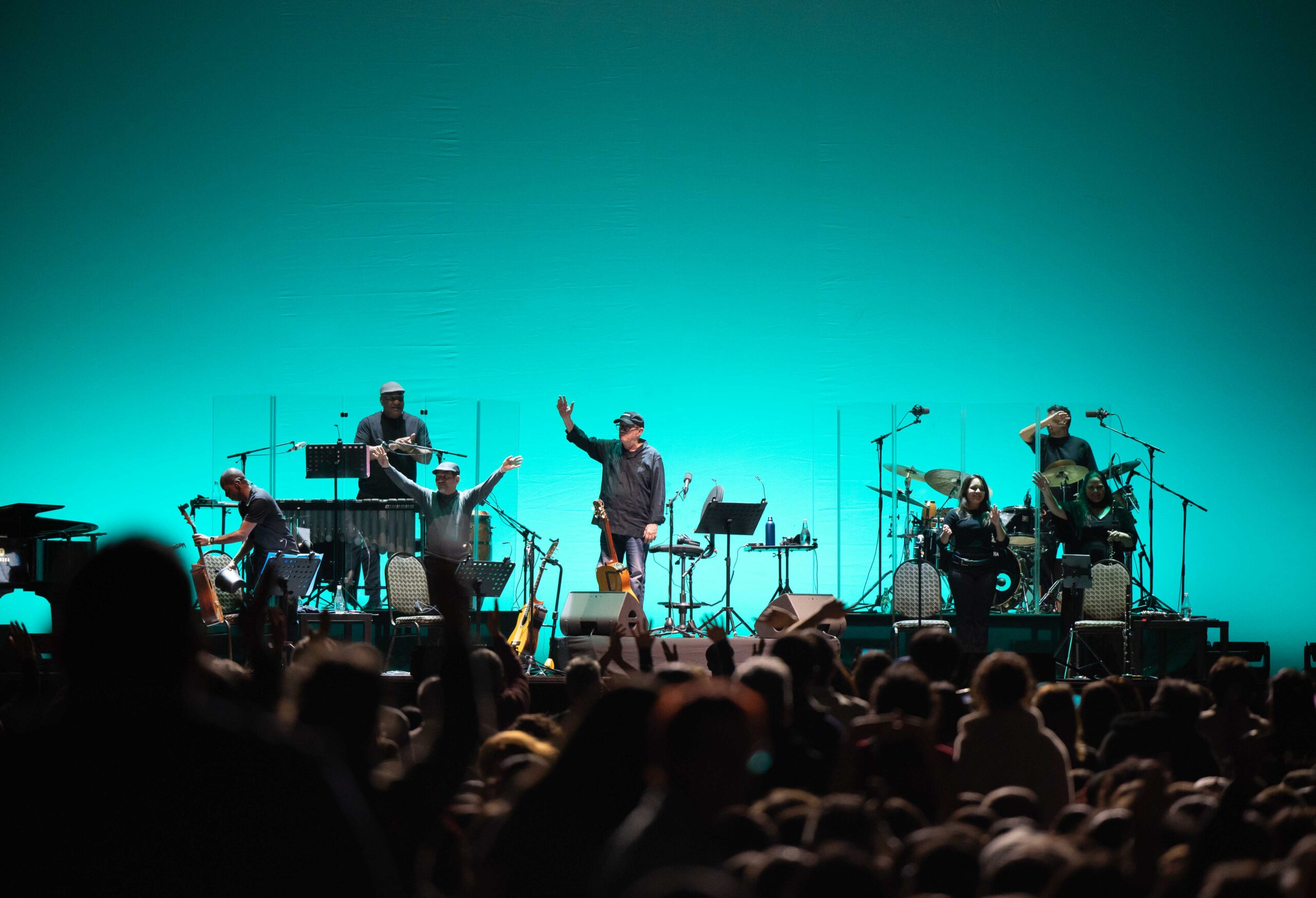
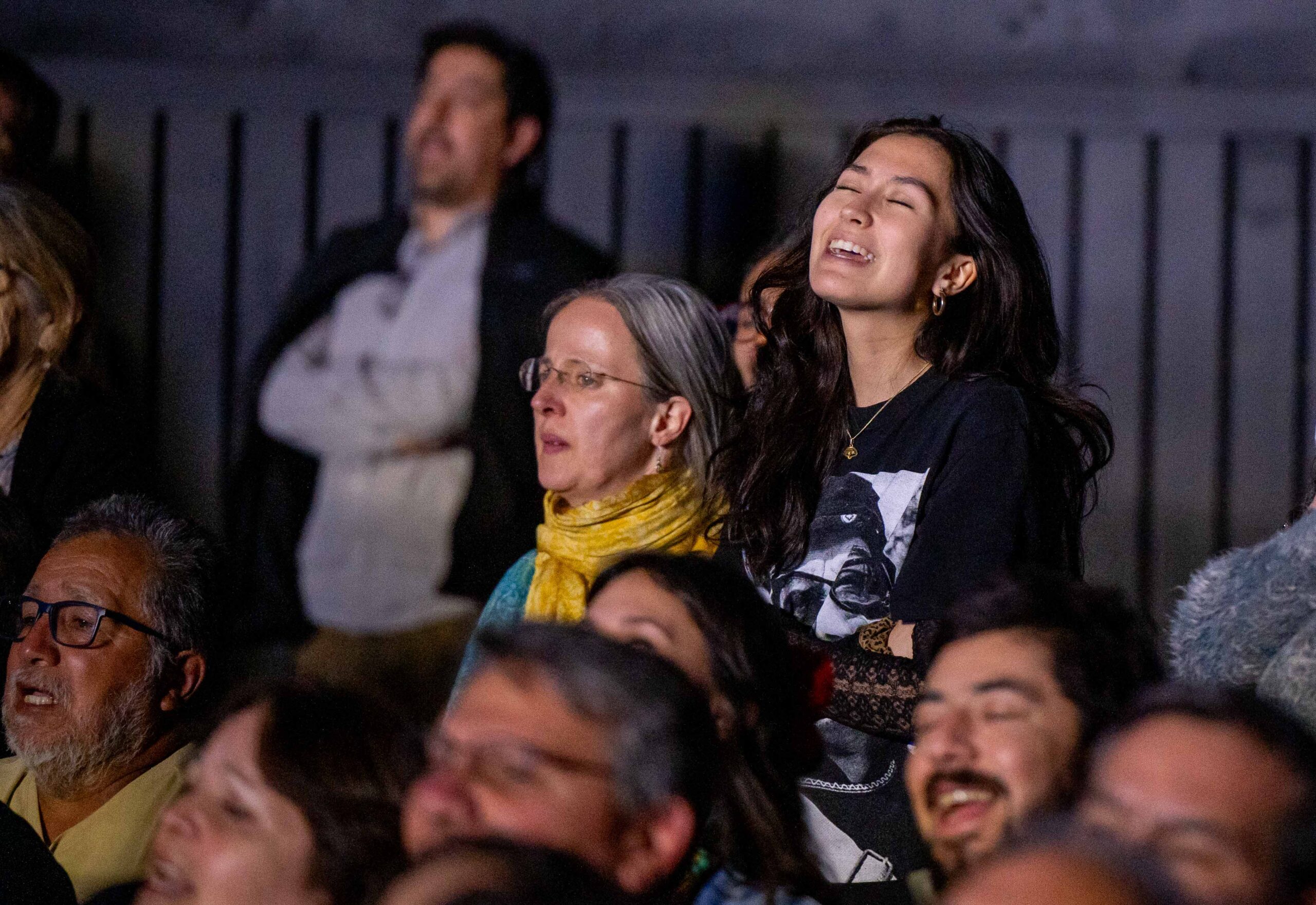
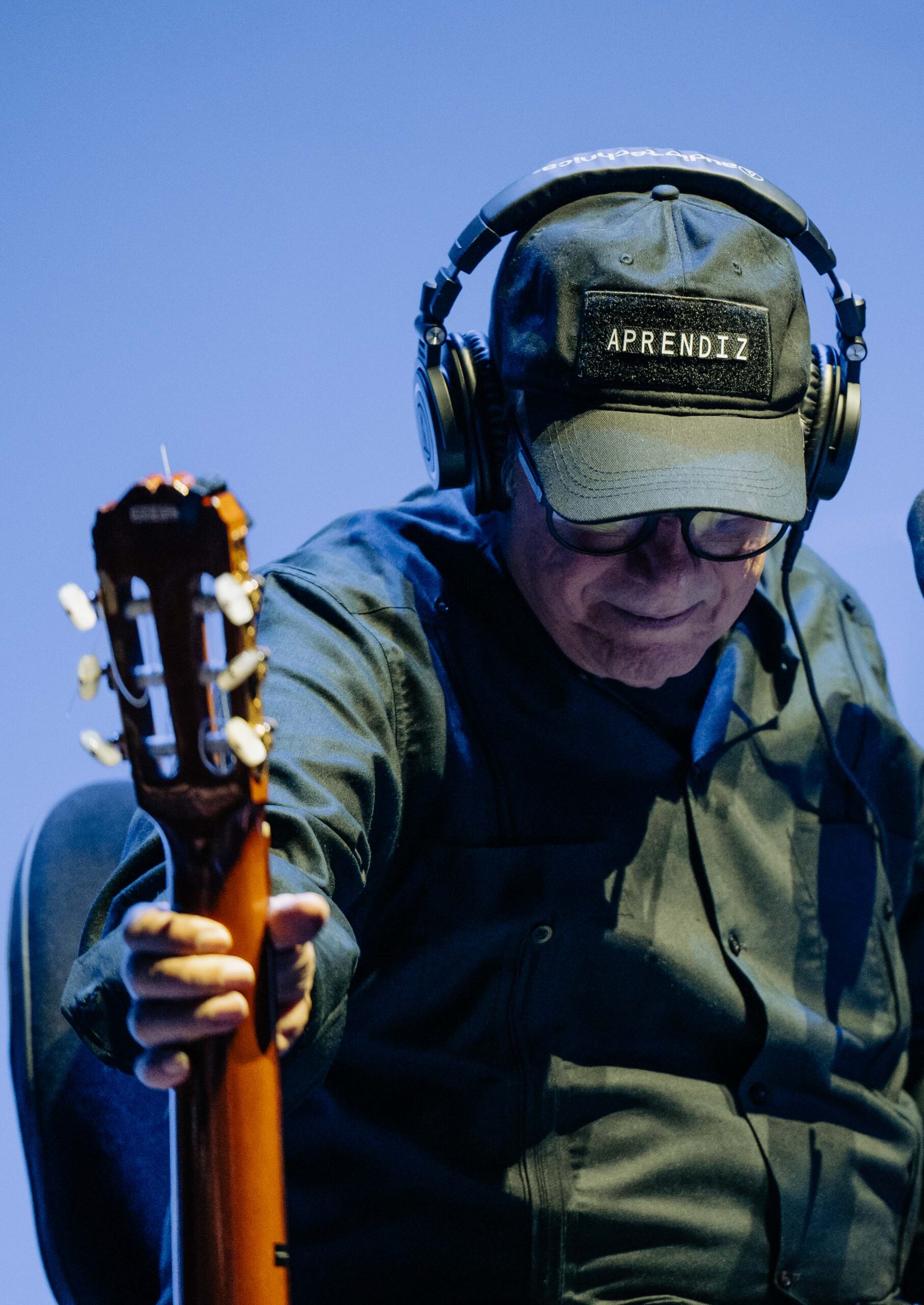
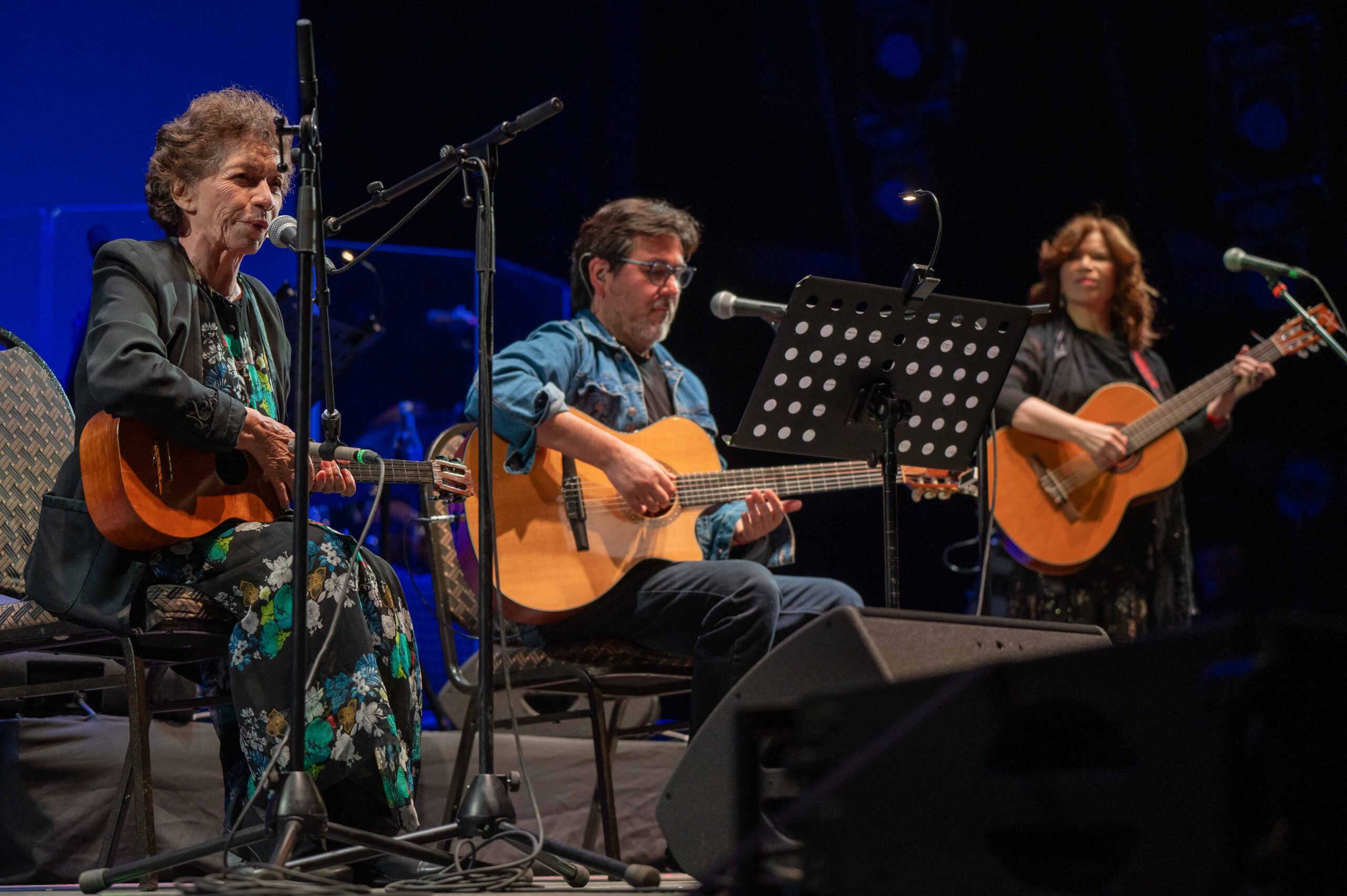
In the first, he paid tribute to Víctor Jara by performing “Te recuerdo Amanda.” In the second, he presented “Playa Girón” with guitar after a loud request from the back of the venue, and he closed the evening with “El reparador de sueños.” In the third, he performed “Unicornio” and “Historia de las sillas.” And in the last one, he performed “La tatagua” and “El dulce abismo” — perhaps because he saw a giant poster in the audience requesting it — and, playing solo guitar, closed the fourth concert with “Noche sin fin y mar.”
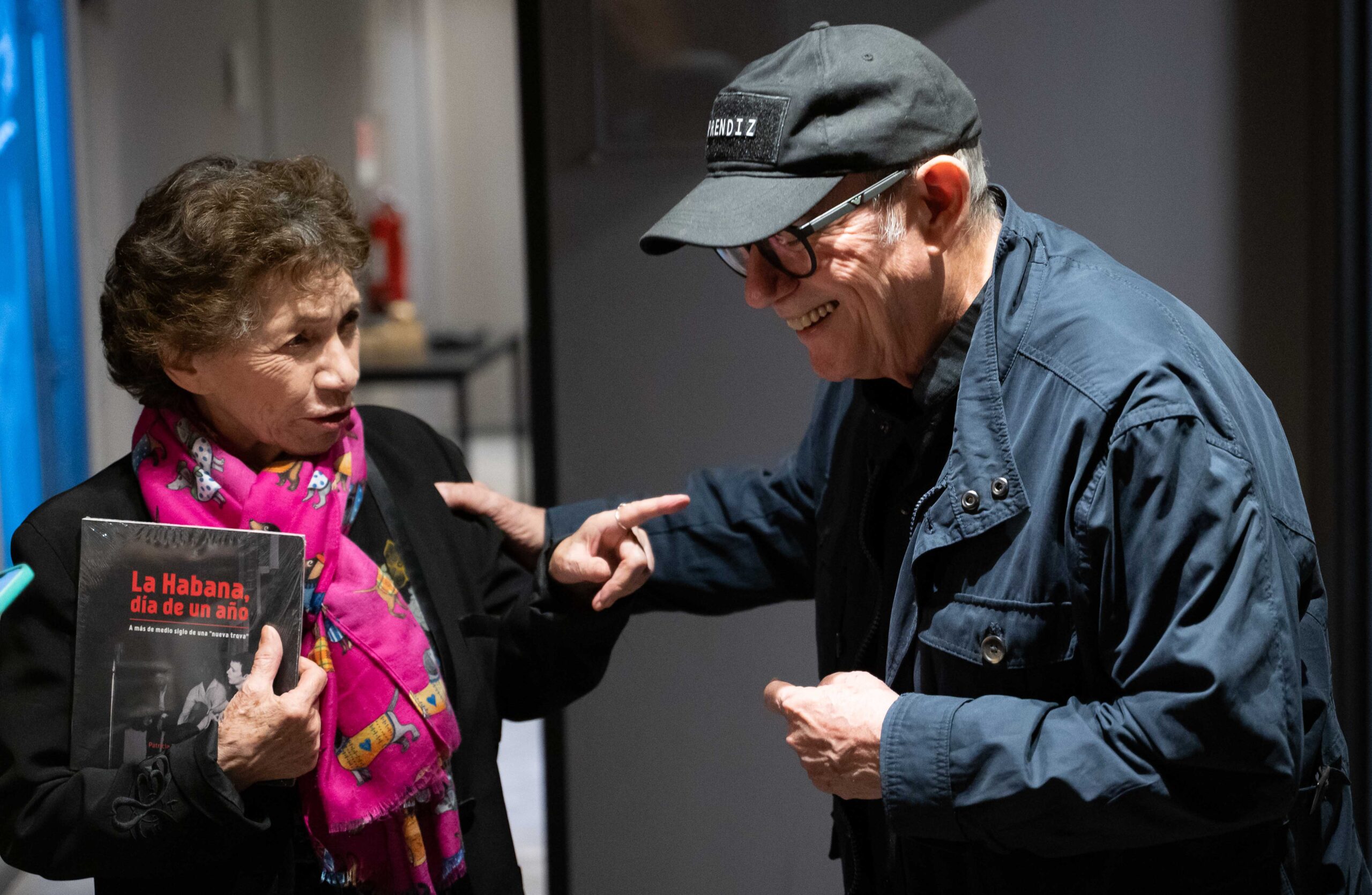
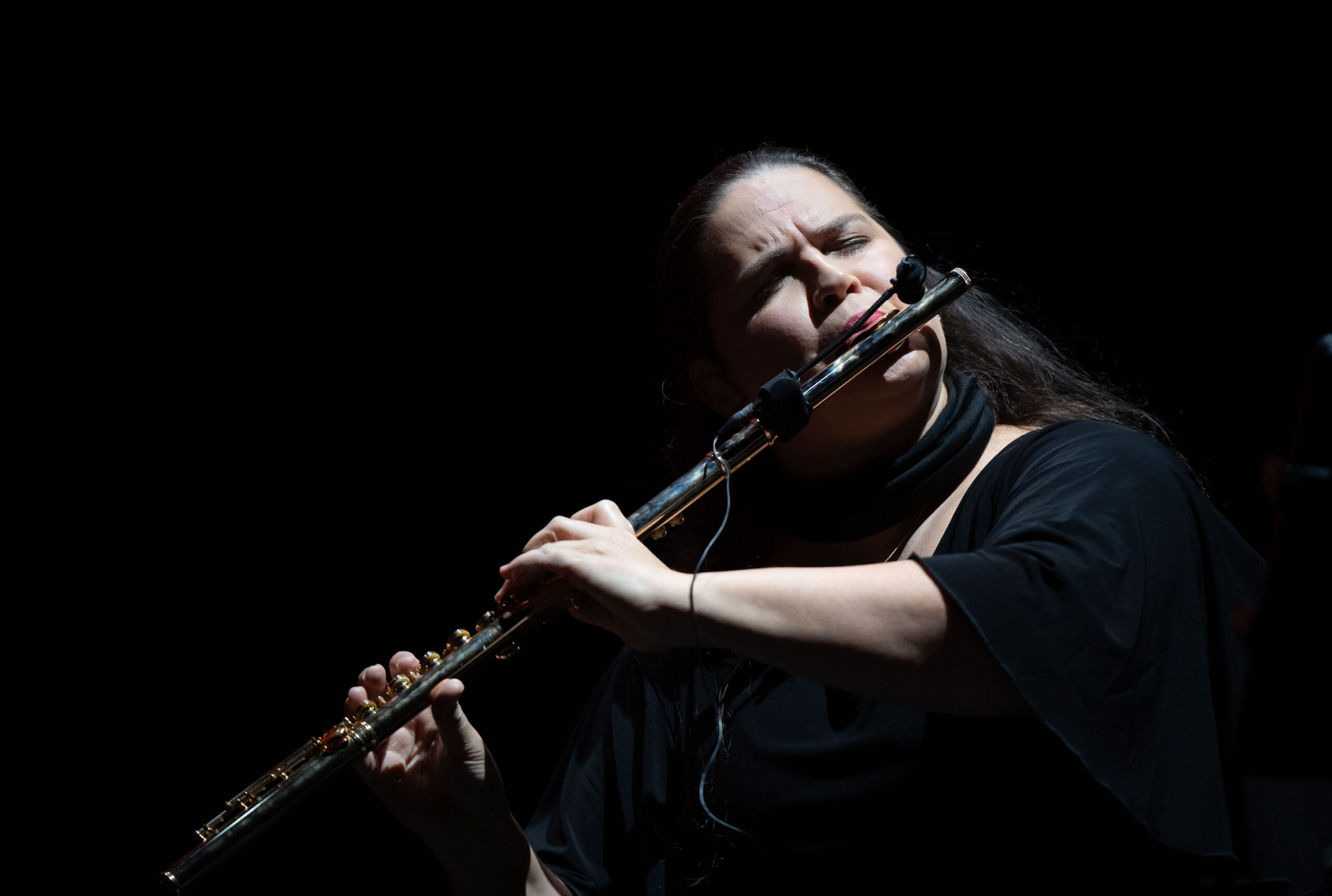
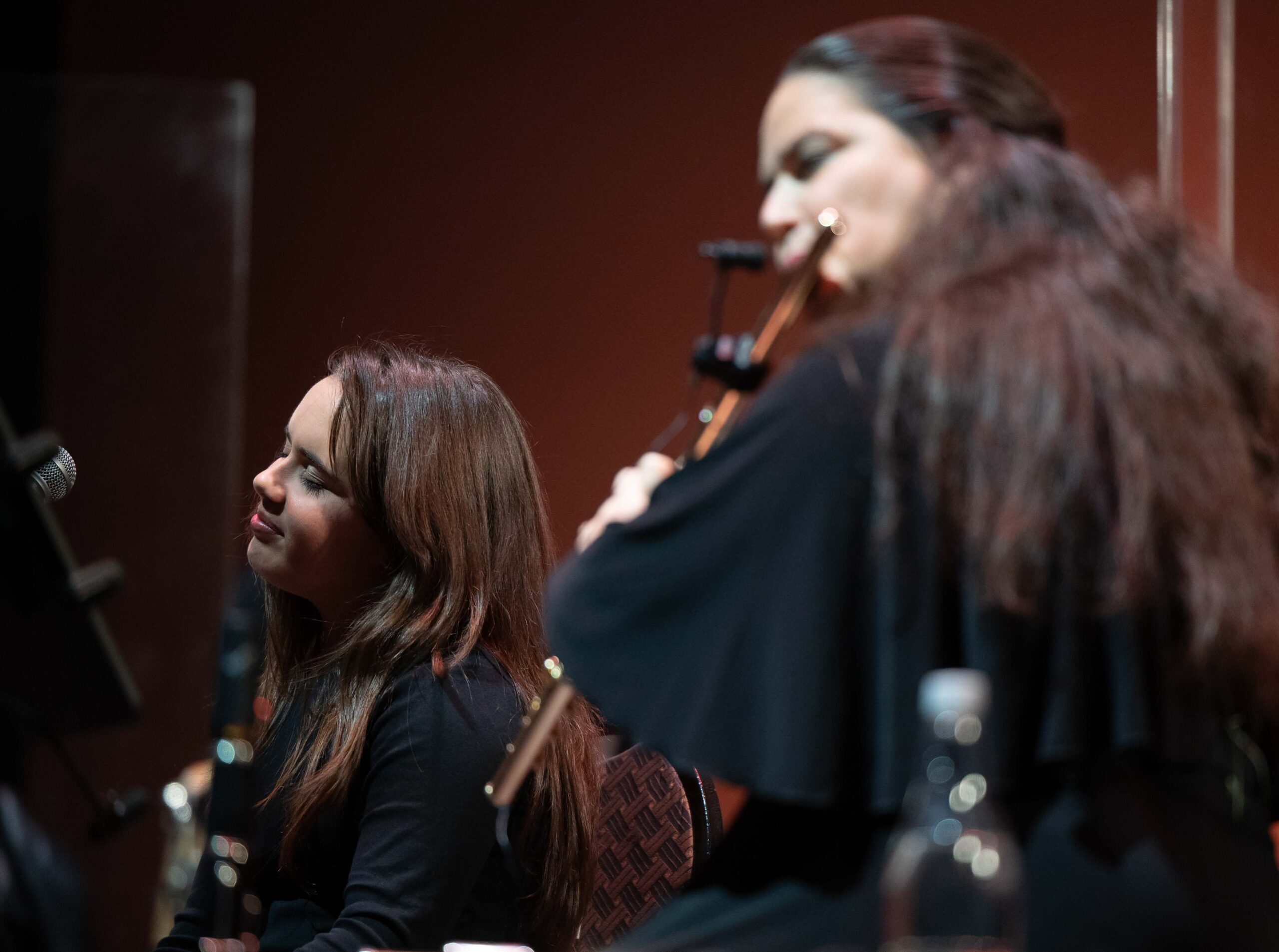
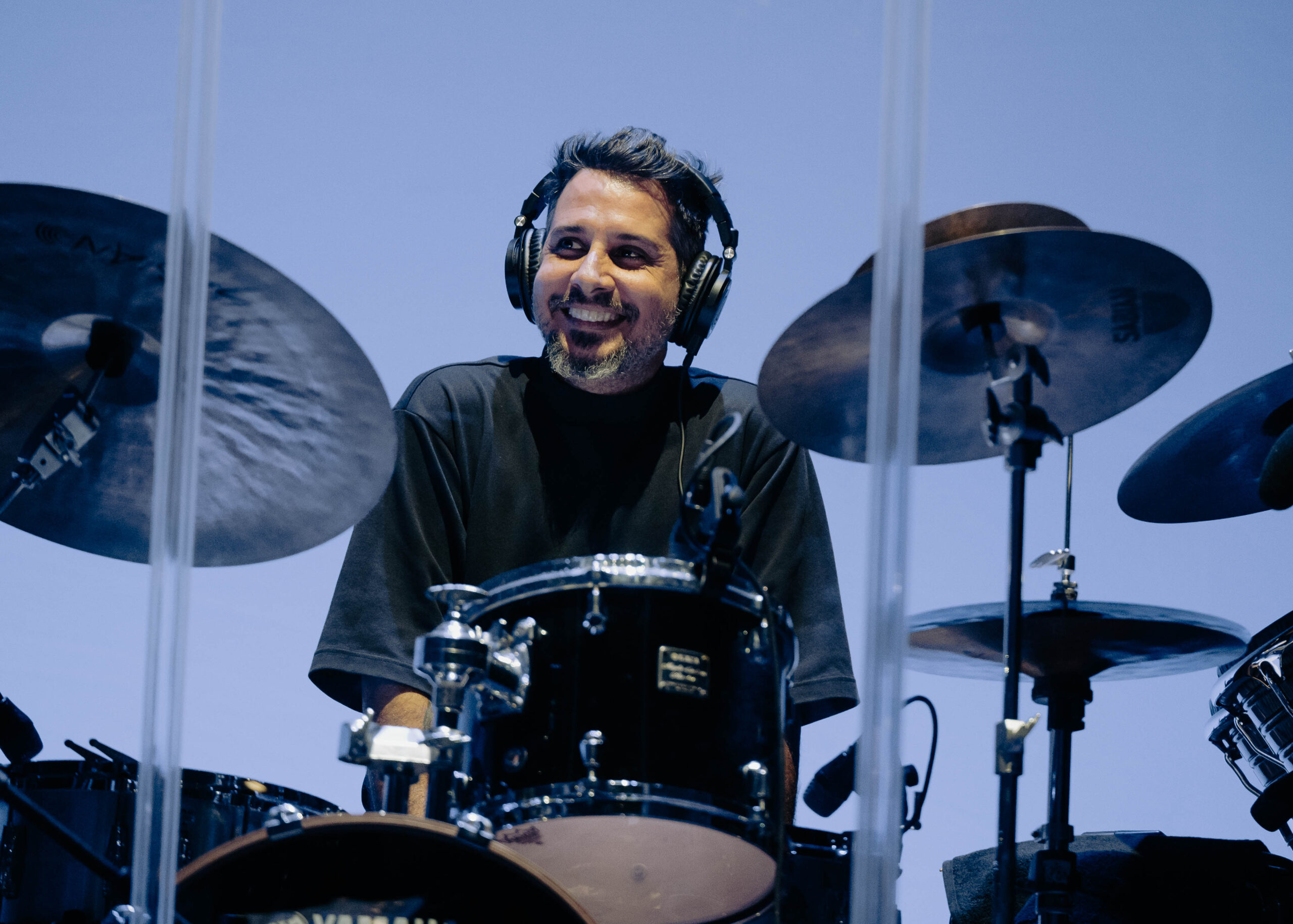
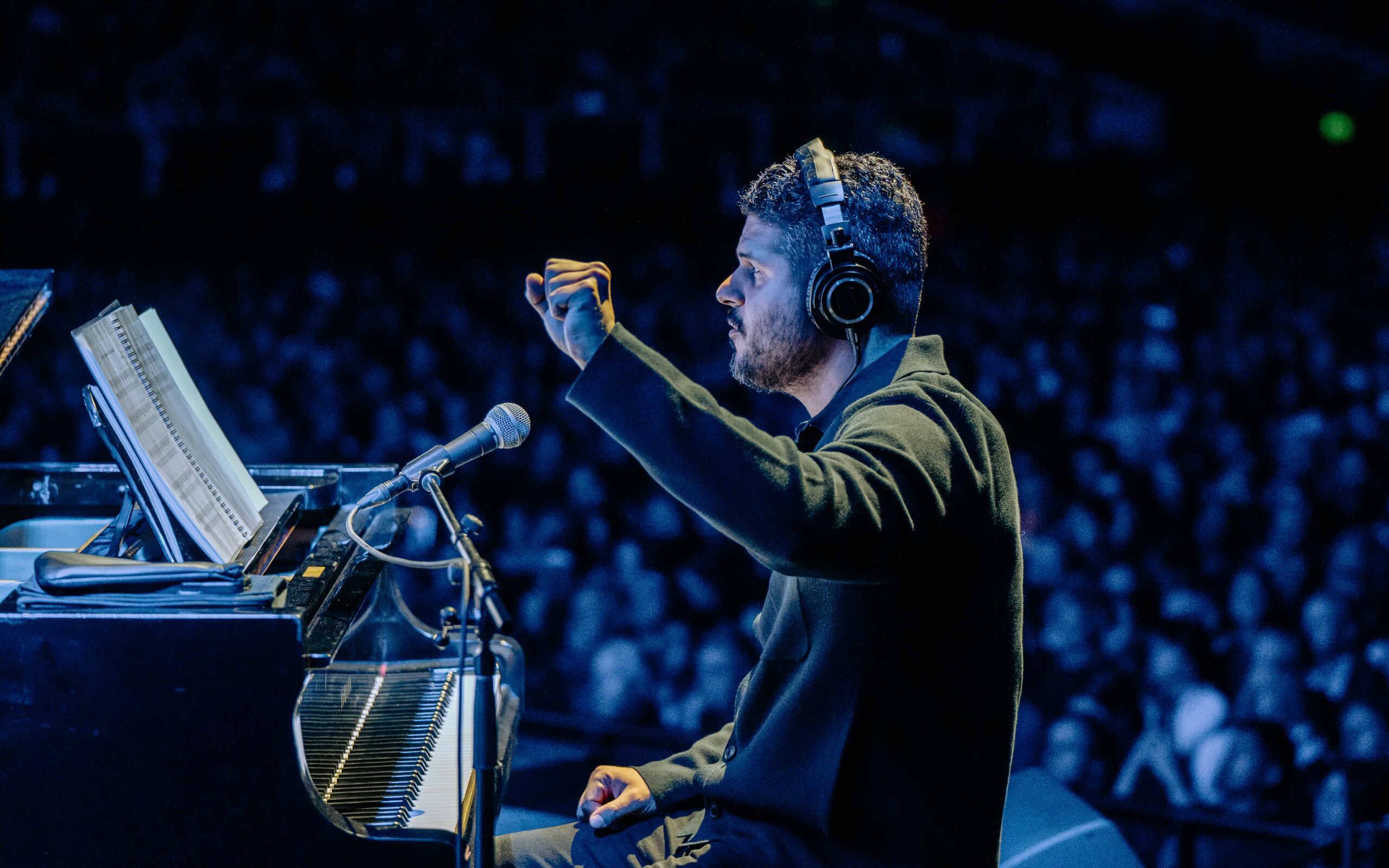
Each performance also featured a leading Chilean singer opening the show: Manuel García on September 29, Illapu on October 1, Patricio Anabalón on the 5th and Nano Stern on the 6th. On each occasion, after their respective performances and shortly before Silvio came on stage, the singer-songwriter went to his guests’ dressing rooms to greet them, thank them and share a few moments.
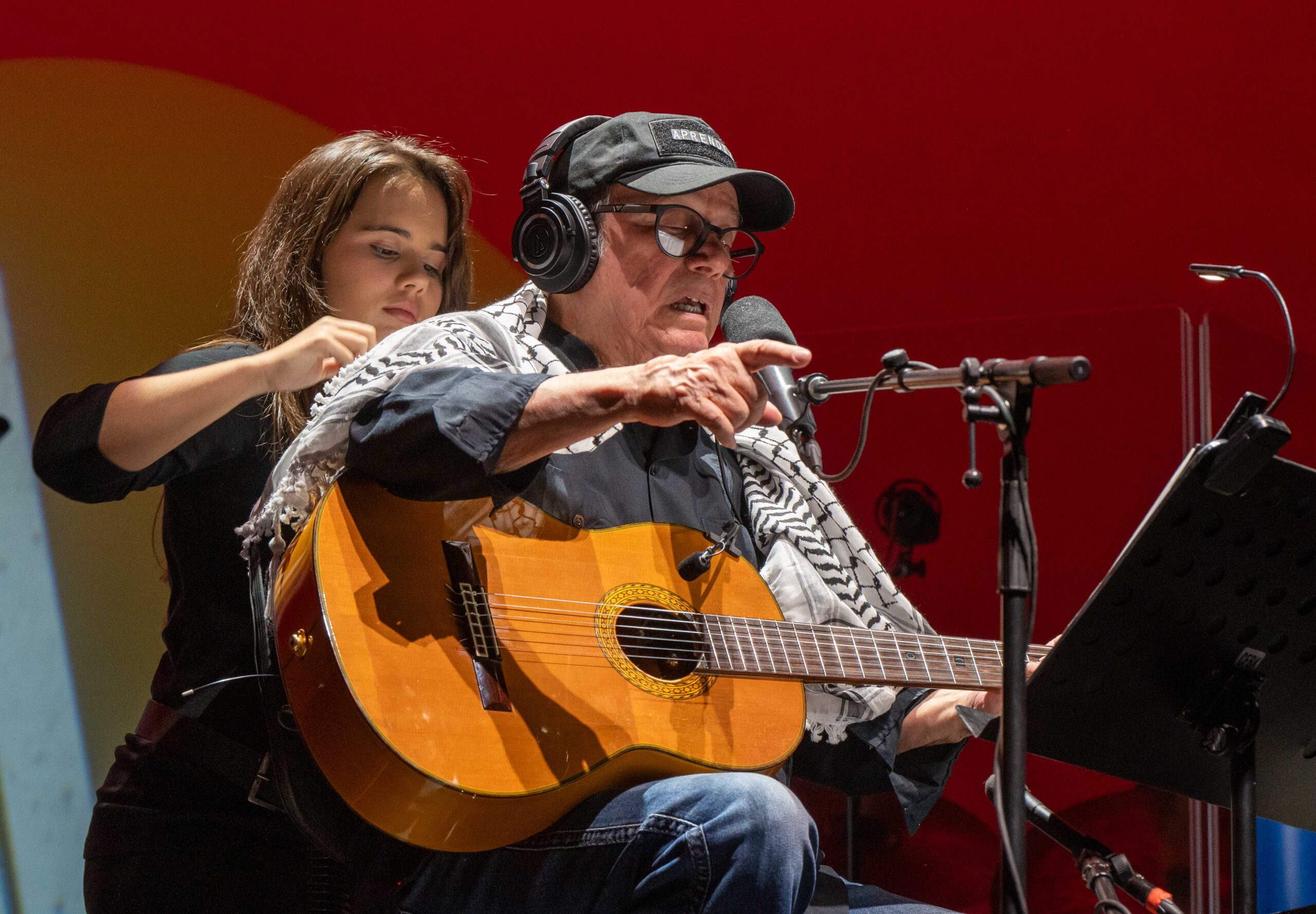
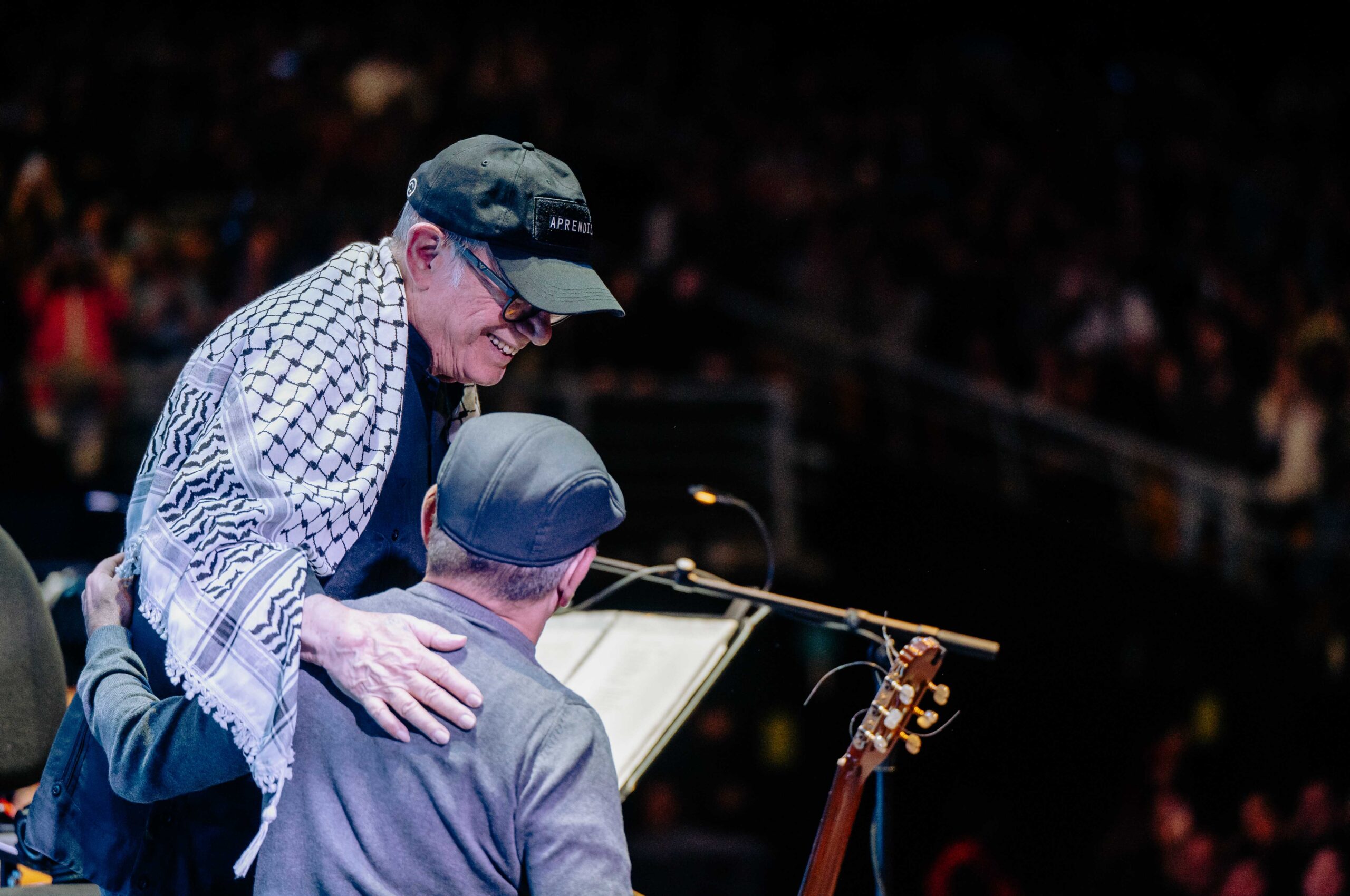
But the surprises didn’t end there. Halfway through the fourth concert, the author of “Ojalá” announced with visible emotion the presence of a dear friend, a sister in song and struggle. The audience erupted when Isabel Parra appeared, accompanied by her daughter Tita and Manuel Meriño, to perform three songs.
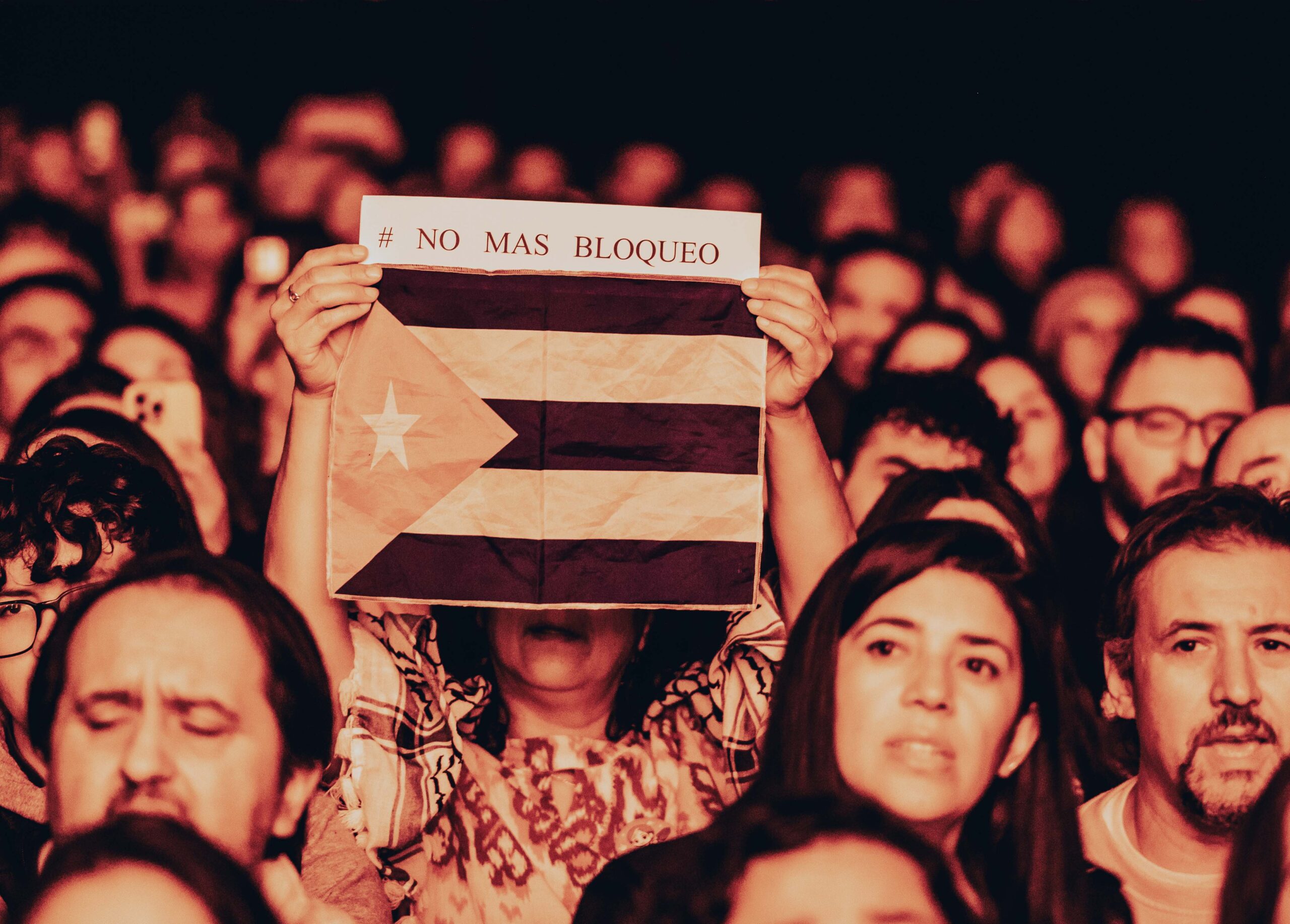
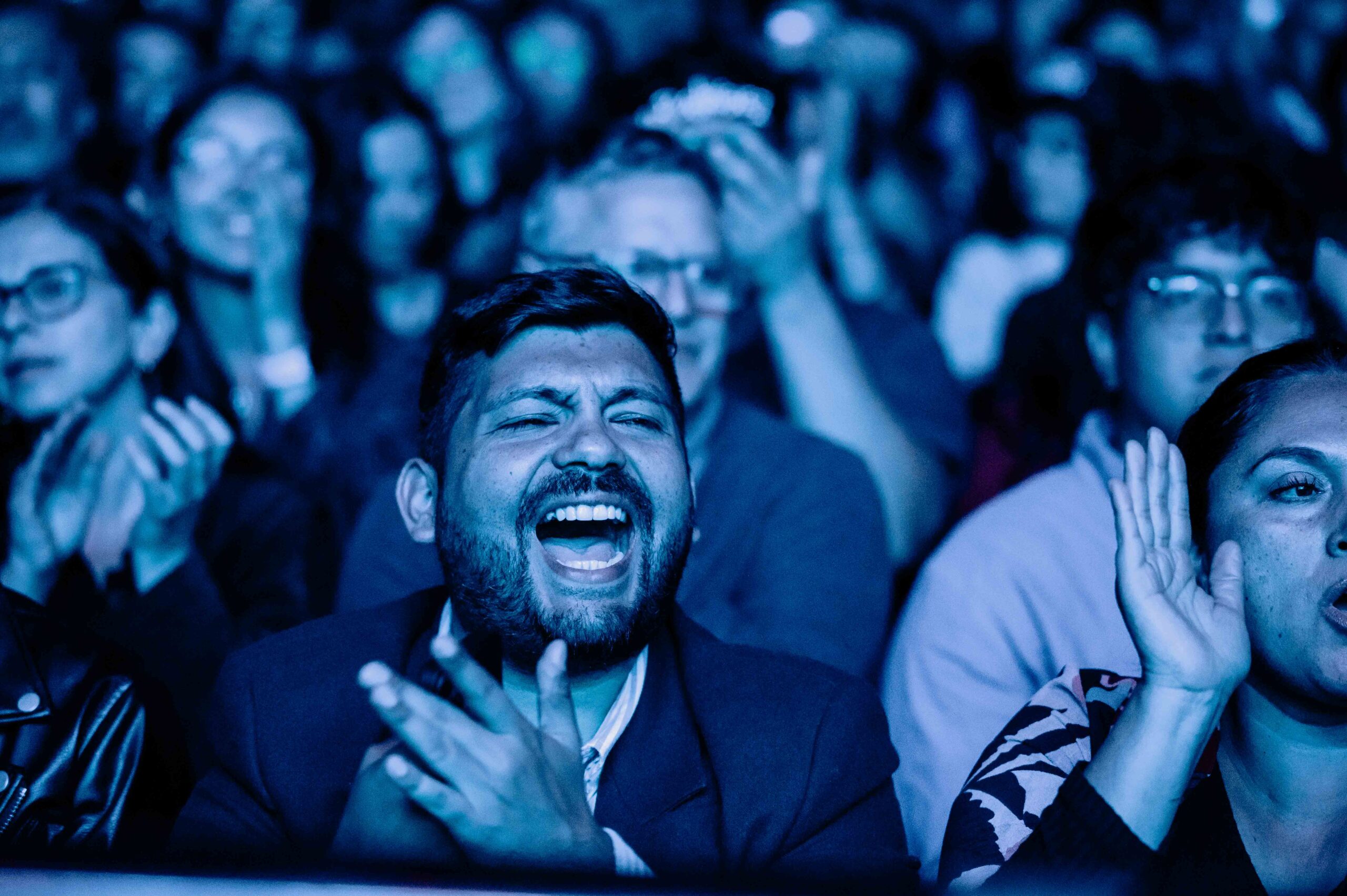
Silvio, from the stage, listened and watched them attentively. It was a moment steeped in history: Silvio’s reunion with Isabel evoked that legendary concert at the National Stadium in the early 1990s, when Violeta Parra’s daughter, also accompanied by her daughter and other members of the Parra family, was the only guest.
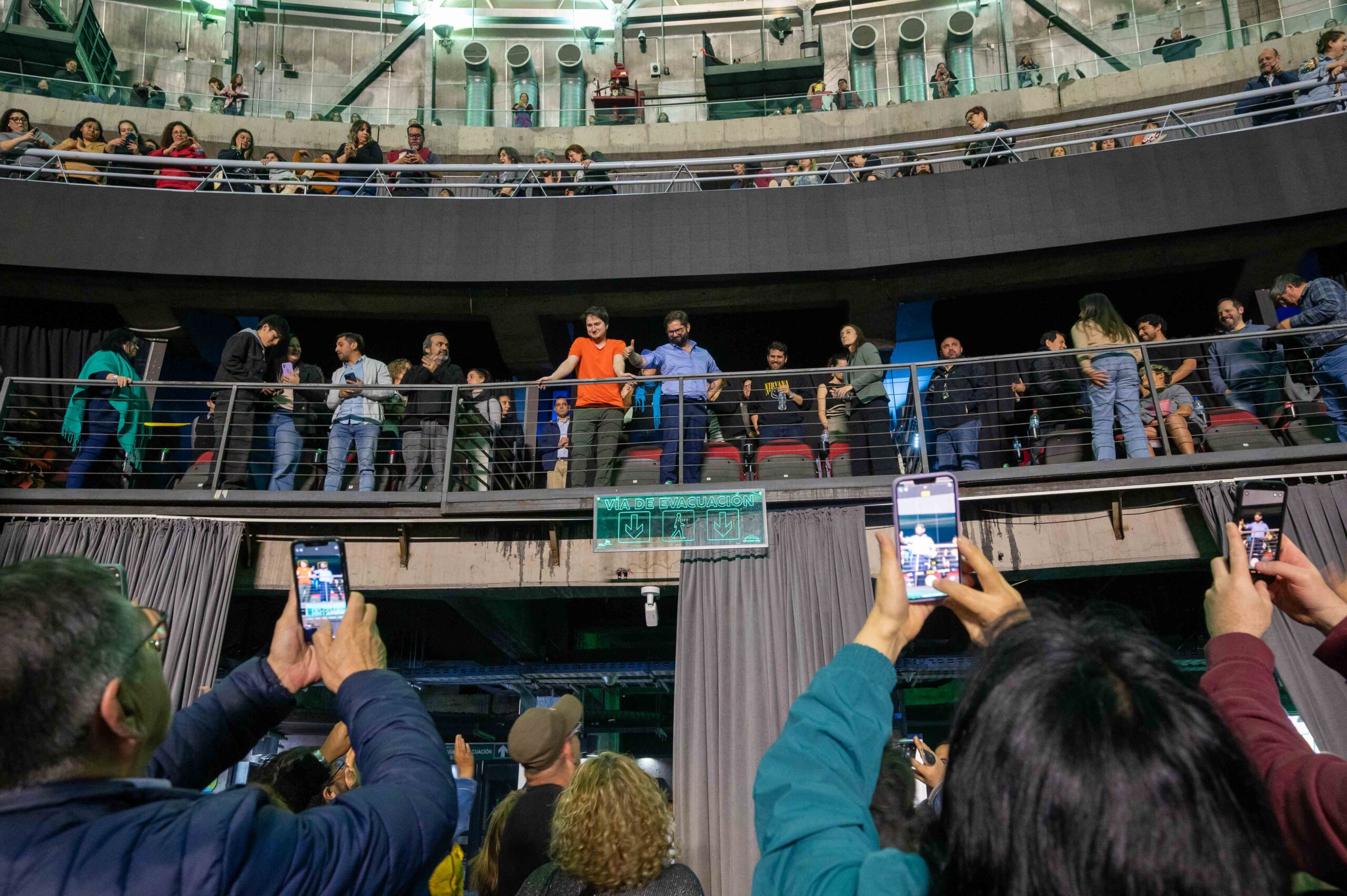
The musical accompaniment for this tour is, as it has been for over a decade, provided by a group of virtuosos: Rachid López and Maikel Elizarde (Trovarroco), Niurka González (flute and clarinet), Jorge Aragón (piano), Emilio Vega (vibraphone), Jorge Reyes (double bass), Oliver Valdés (drums) and Malva Rodríguez (vocals and piano). “I’m the one who accompanies them sometimes,” Silvio joked one night, drawing laughter and applause from his bandmates.
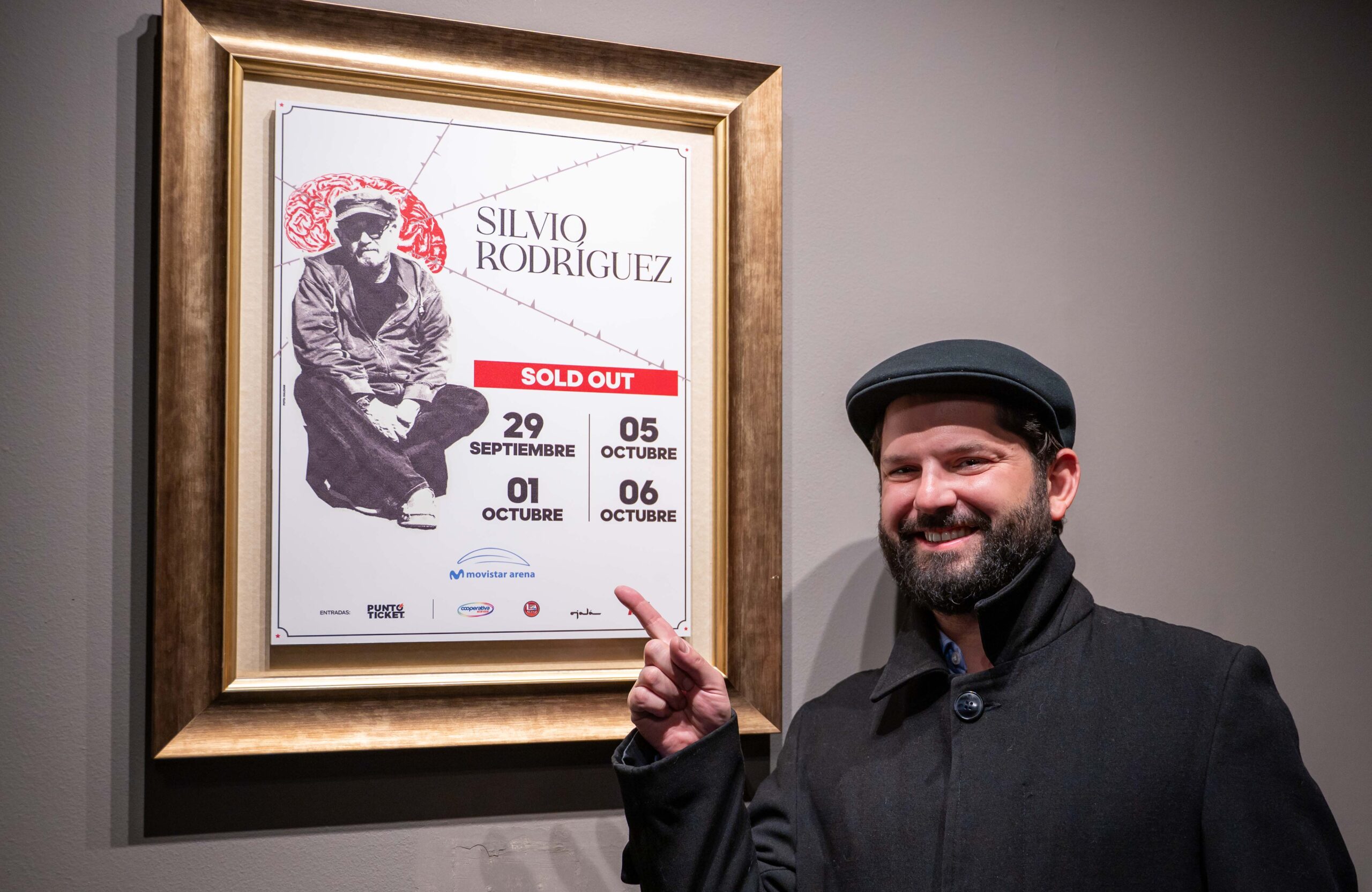
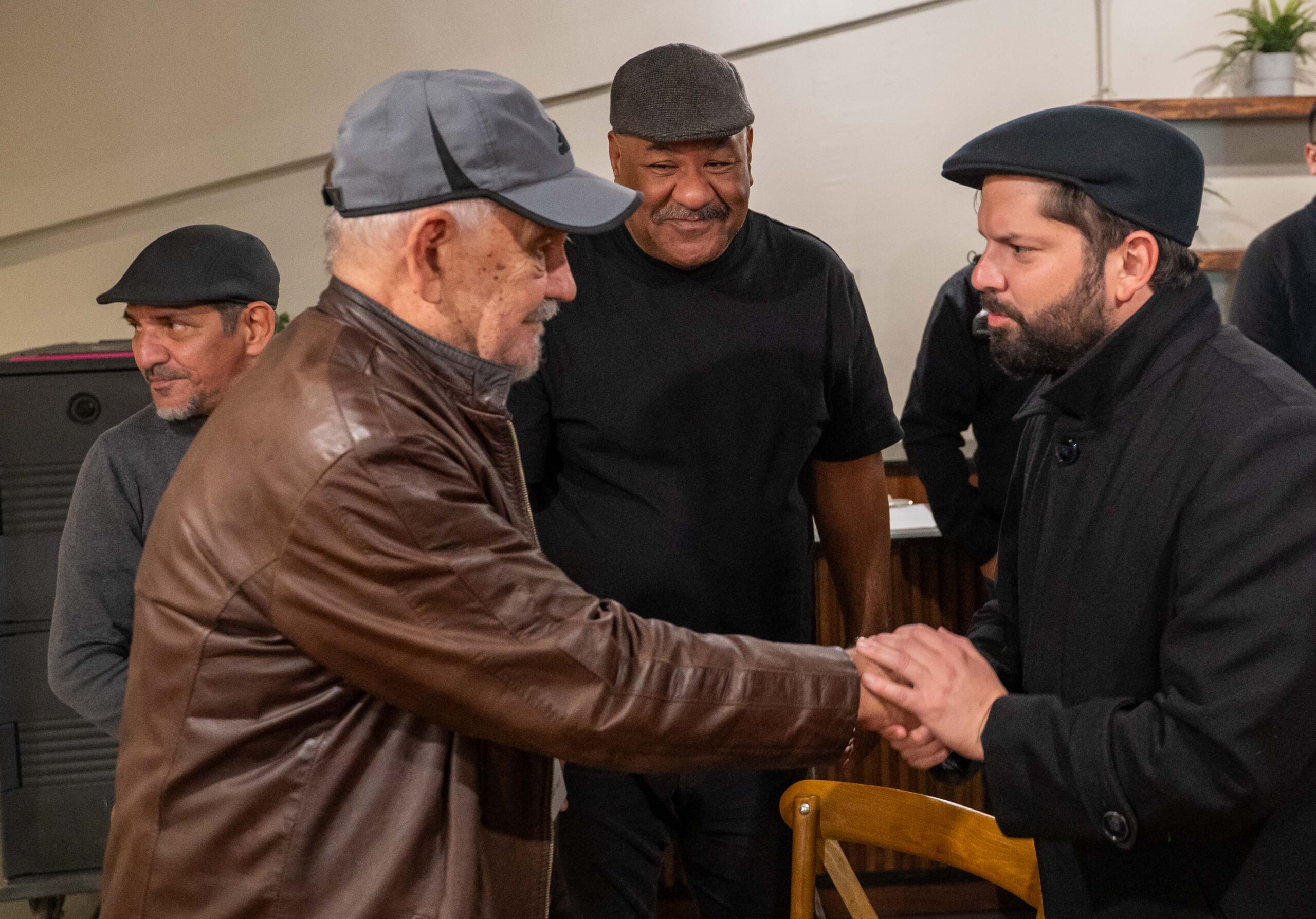
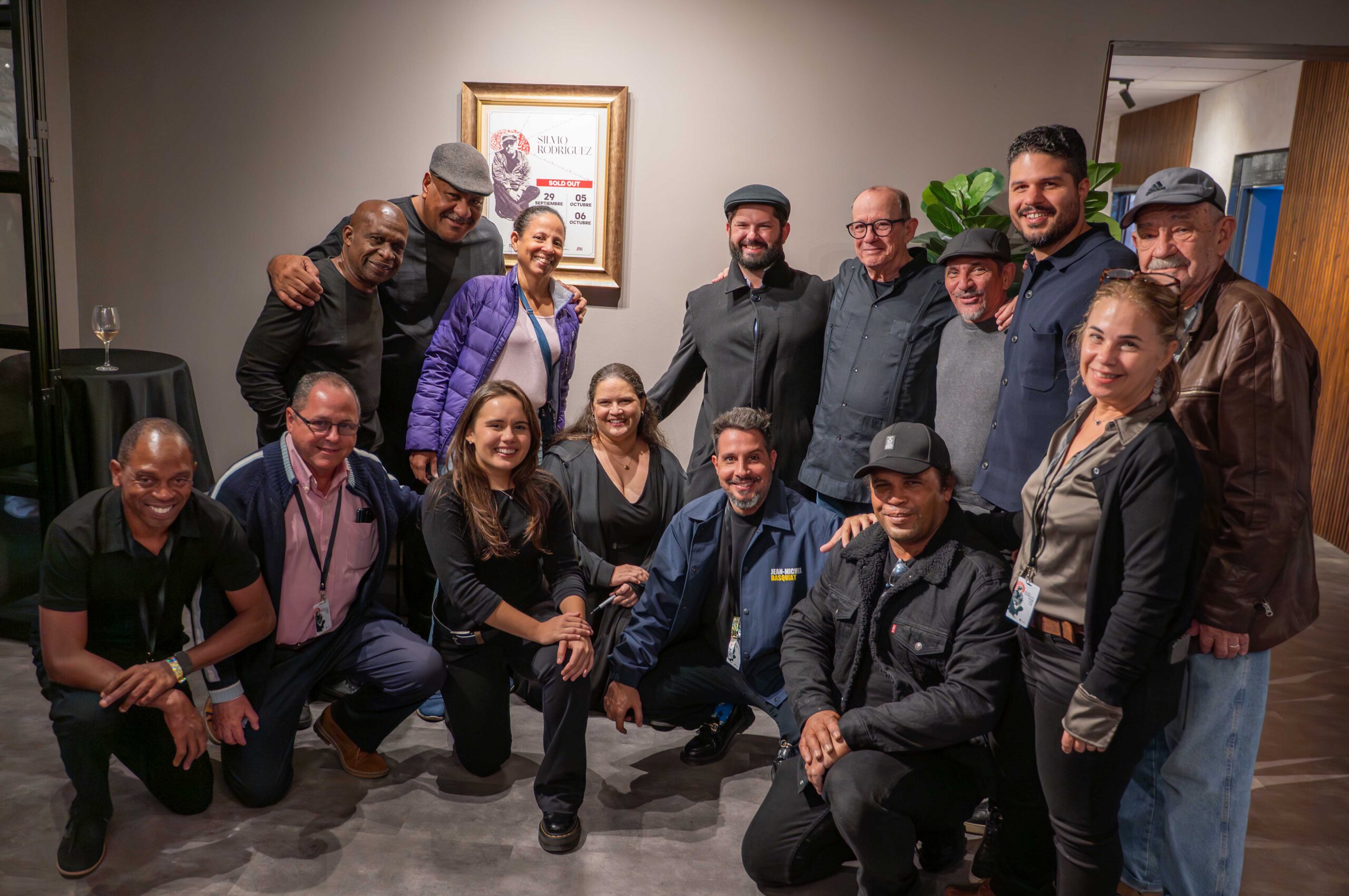
During their stay in Santiago, there was also time for encounters and learning. Some members of the group — Oliver Valdés, Jorge Reyes and Jorge Aragón — offered a master class in La Pintana, one of the city’s poorest neighborhoods, for children and young people interested in music. Niurka González and Malva Rodríguez, meanwhile, shared a discussion about classical music at a local conservatory.
Between nostalgia and the present, between poetry and history, Silvio Rodríguez once again confirmed that his work belongs not only to one generation, but to an entire continent. Four nights in Santiago that will remain etched as a new chapter in the love story between Chile and Silvio.
President Boric, just another fan
If former President Michelle Bachelet celebrated her birthday at his first concert, the current Chilean president, Gabriel Boric, didn’t want to be left behind. Days after welcoming Silvio to La Moneda Palace, he attended the final concert at the Movistar Arena.
He arrived without visible escorts, without protocol, mingling with the crowd. He took his place on the first balcony facing the stage. Upon recognizing him, the audience cheered and chanted: “¡Boric, amigo, el pueblo está contigo!” (Boric, friend, the people are with you!”).
During the concert, he was seen as just another fan among the 17,000 people who filled the stadium: singing, applauding, excited. At the end of the concert, he went backstage to greet the singer-songwriter, the musicians and the technical team.
Without the rigidity of his presidential investiture, he chatted and shared in a relaxed atmosphere for almost 40 minutes. He thanked Silvio for including Chile as the starting point of the tour and confessed to being deeply moved by several parts of the concert.
He told Silvio that one of the songs that had touched him the most was “Es más, te perdono” by Noel Nicola, which he hadn’t heard before that night. Before saying goodbye, he took a photo next to the sign announcing the sold-out performances of the four concerts and with the group of Cuban musicians. “I hope it doesn’t take another seven years to see you here again,” he said before the final hug.
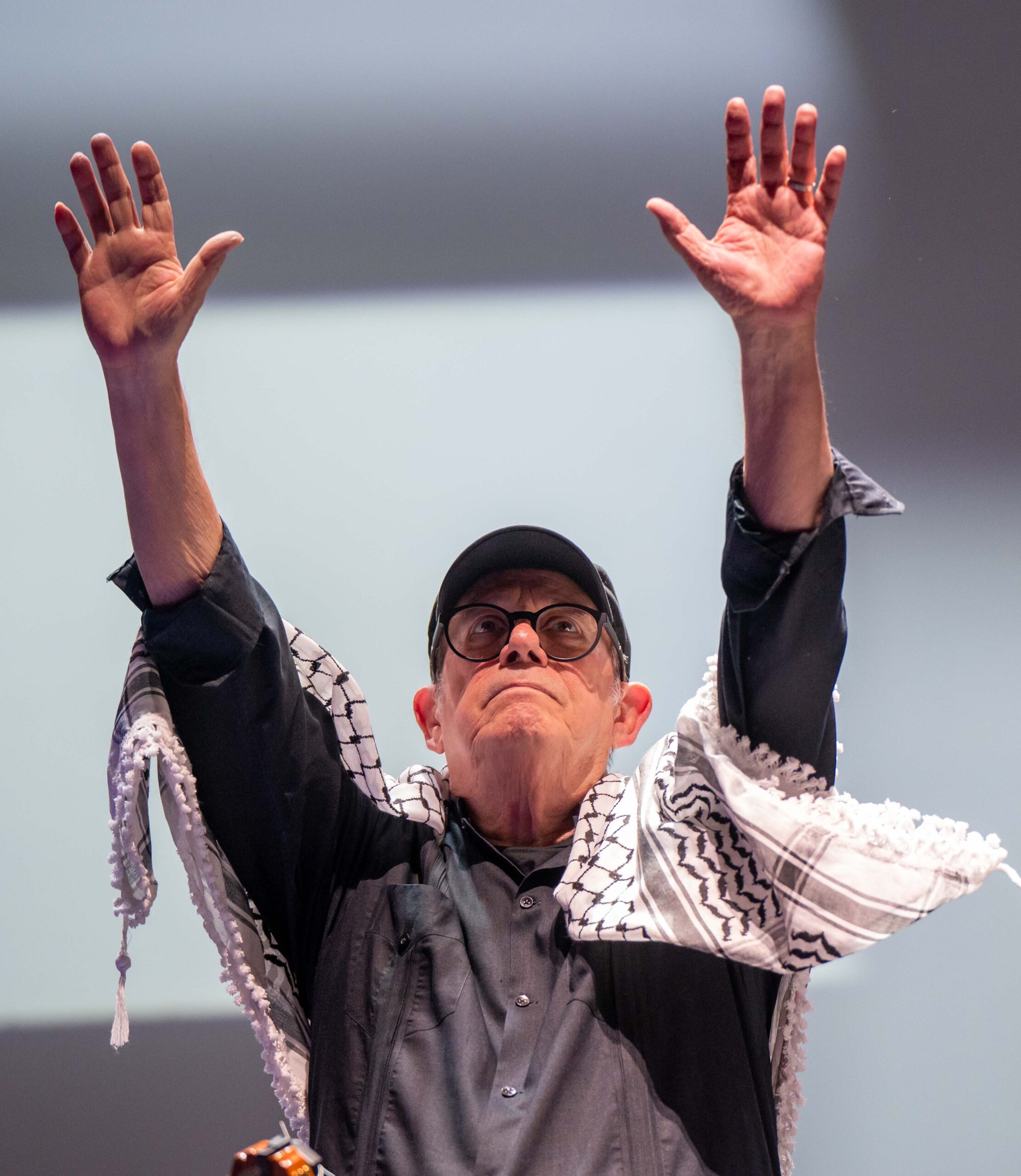
Thus ended the singer-songwriter’s time in Chile: amidst applause, songs and hugs. With his guitar as his compass and the affection of the Chilean people as fuel to keep going. Next stop, on the other side of the Andes: Buenos Aires, Argentina.

